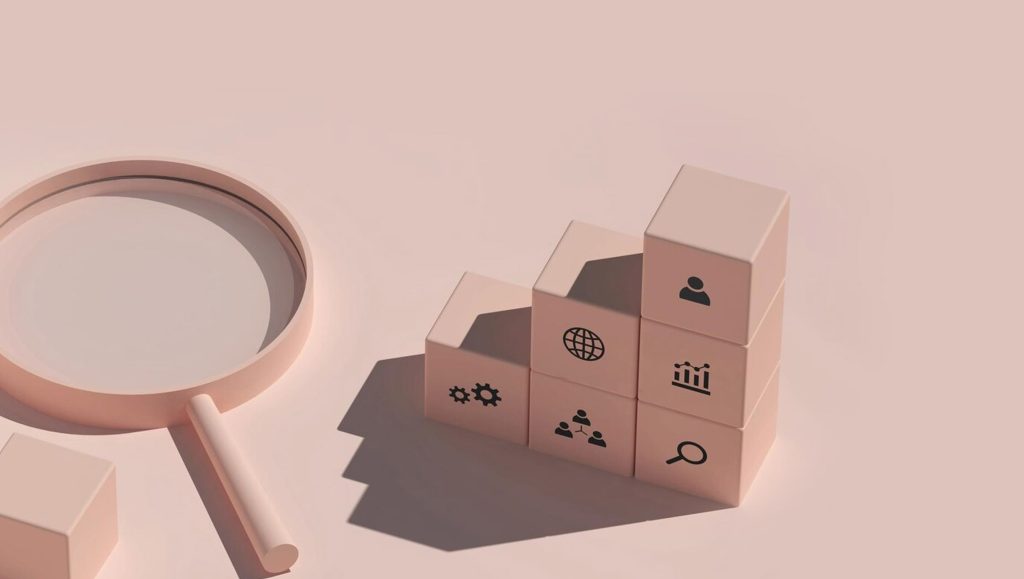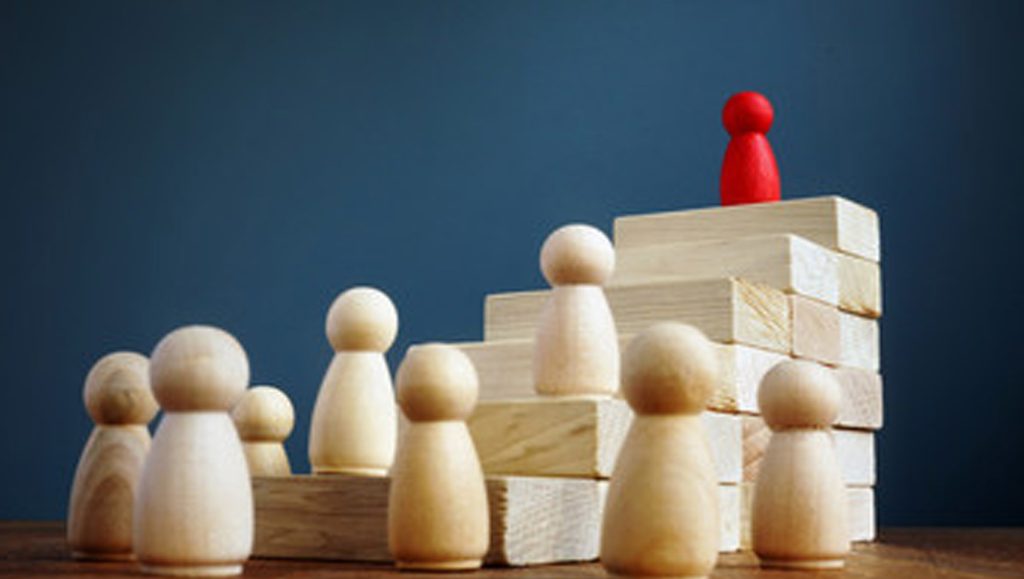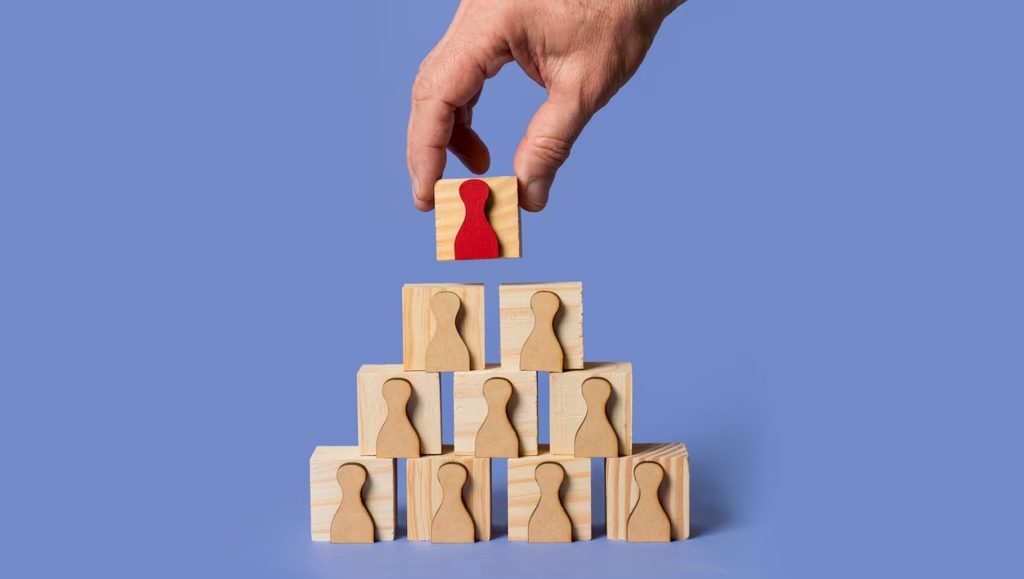Once upon a time, 2020 was supposed to be a year of promise. The George W. Bush administration in the early 2000s touted it as a year in which we would put another astronaut on the moon and use it as a springboard for getting to Mars.
Fast-forward to right now: It took a few decades and a private-sector billionaire to make our next launch, sending two astronauts to the International Space Station — but in most places back here on Earth, we still can’t get an astronaut into a bar or gym.
At any point during the intervening time, it’s a safe bet that few people would have predicted the combination of crises we’re facing today (and likely even fewer will have prepared for them). But it’s a fact of life: Crises are bound to occur, and there’s no shame in being affected by them. You can, however, take steps to improve your self-reliance so you’ll be able to meet the challenges the world sends your way.
Read More: 5 Ways Businesses Are Shifting To Digital During COVID-19
Prepare Your Basics
Imagine that the electricity shuts off, rendering Instagram eventually useless (once you can’t charge your phone), and the plumbing dries up while you suddenly get word that grocery stores have no more fresh food. You can address the first two emergencies by having in place a home warranty plan, making sure you’re covered in the face of massive repair costs. But a more widespread emergency situation doesn’t have to be a hurricane or a Godzilla attack: It might simply be something that cuts people off from the normal sources of everyday necessities.
The first step in self-reliance is to be sure you can make it through a day, a week, a month without the things you take for granted now. A bug-out bag is a popular survival tool for short-term and evacuation situations, while a storeroom filled with dried food, drinking water, a generator, and simple camping gear can get you through a prolonged period more comfortably. Alternate forms of technology for communication and news-gathering also would be helpful if modern systems were to go down.
Get Your Team Together
The survivalist dream is to be the person off the grid, living solo and self-sufficient in some cabin in the woods, hundreds of miles from civilization. It’s a nice fantasy, but humans are social beings, and our connections are never more important than when we’re faced with an ordeal we can’t handle alone. Crisis of any kind makes communication and support among communities more vital than ever.
Think about who you would turn to in a disaster: Who could band together with you to repair damage, provide medical aid, pitch in taking care of children or elders, gather and disseminate information? Fostering goodwill among your team by giving gifts is never a bad idea, and long before a crisis is the time to start showing your appreciation. Useful branded gifts, especially, can help people feel they’re valued members of a team. Their allegiance can help you establish and maintain a strong network of people who will work together if the worst comes to pass.
Read More: Business Flexibility During A Global Crisis
Minimize Your Burdens
Back in the 1950s, the U.S. government prepared a series of videos warning about the threat of nuclear attacks; one of the things they suggested was that homeowners paint and seal their houses to prevent heat absorption and throw away old newspapers to prevent fires. While this might not have been the most useful advice, it did make the point that the things we own also own us: They demand our attention, our money, our time, and our maintenance.
In a disaster, excess “stuff” can quickly become a liability. You often have to decide to either take it with you or face the difficult experience of leaving it behind. That’s why a thorough analysis of the things you own today is helpful: Without having to decide under fire, you can make tough but clear-headed decisions about discarding what you no longer need (it might amount to much more than you think) while planning how to preserve what you truly value.
Hone Your Survival Skills
Many things we take for granted are in fact quite fragile; look no further than the escalating cost of meat during the COVID-19 pandemic, as short-staffed slaughterhouses are unable to process as much livestock as usual. Finding the capacity to survive and thrive in a disaster often means taking on responsibilities you wouldn’t normally touch because it’s always been easy to rely on someone else.
These responsibilities could range from treating fresh water for drinking to applying rudimentary first aid to driving a car with a manual transmission because it’s the only one available. You can find training for many kinds of skills on sites for the Red Cross, Home Depot, and YouTube, among plenty of others. The more you take advantage of learning opportunities now, the less you’ll have to worry about a day when there’s no one there to do it for you.
The COVID-19 pandemic has revealed many cracks in our social order. As issues like unemployment and rising food costs aggravate existing challenges, the threat of a new disaster (whether natural or manmade) is growing. There’s no need to fear what you don’t know, as long as you prepare for the possibilities. Dedicate some time, money, and mental energy to your priorities and maintaining your standard of living, so you won’t face a day when you’re unable to meet basic challenges.
Listen In -> To The Latest Episodes of The SalesStar Podcast Here!




















